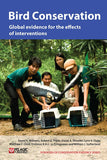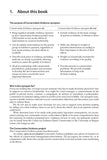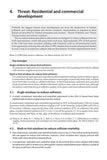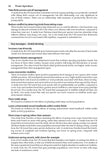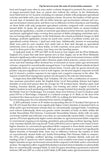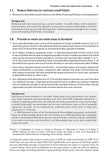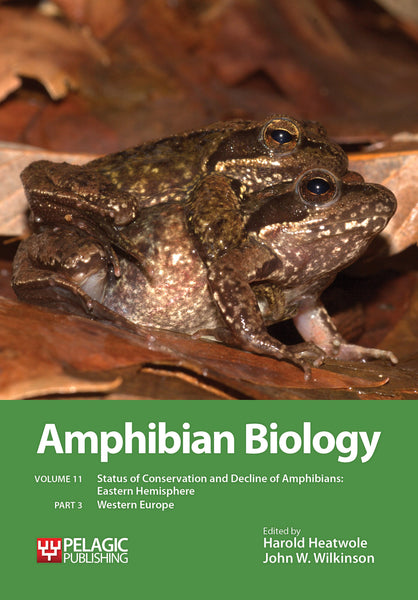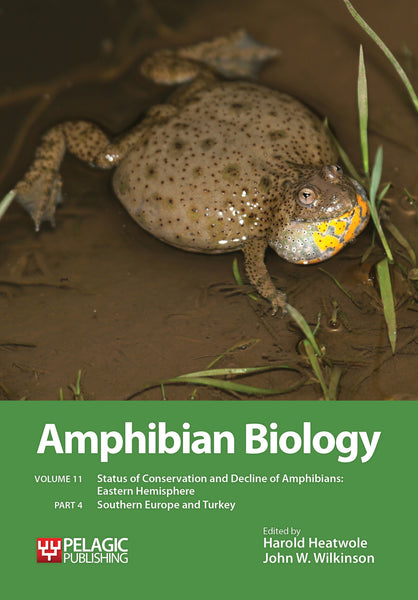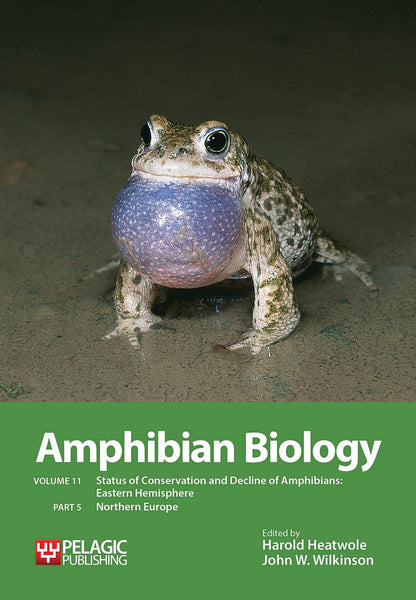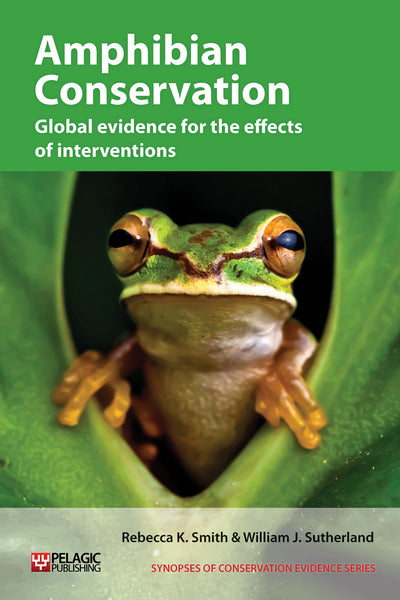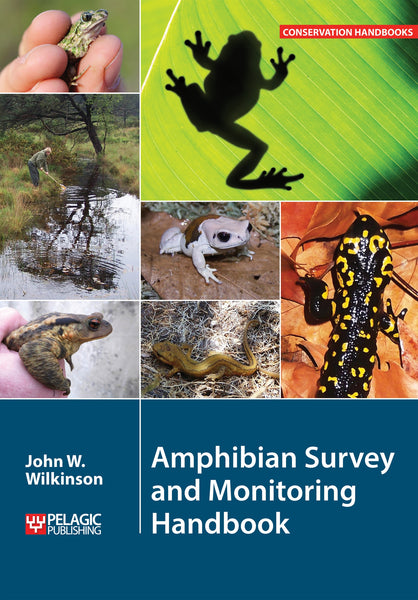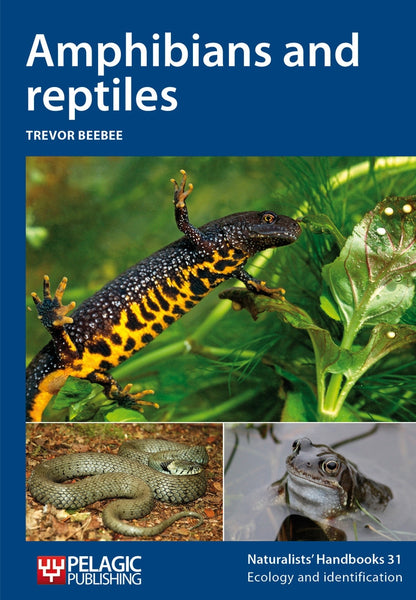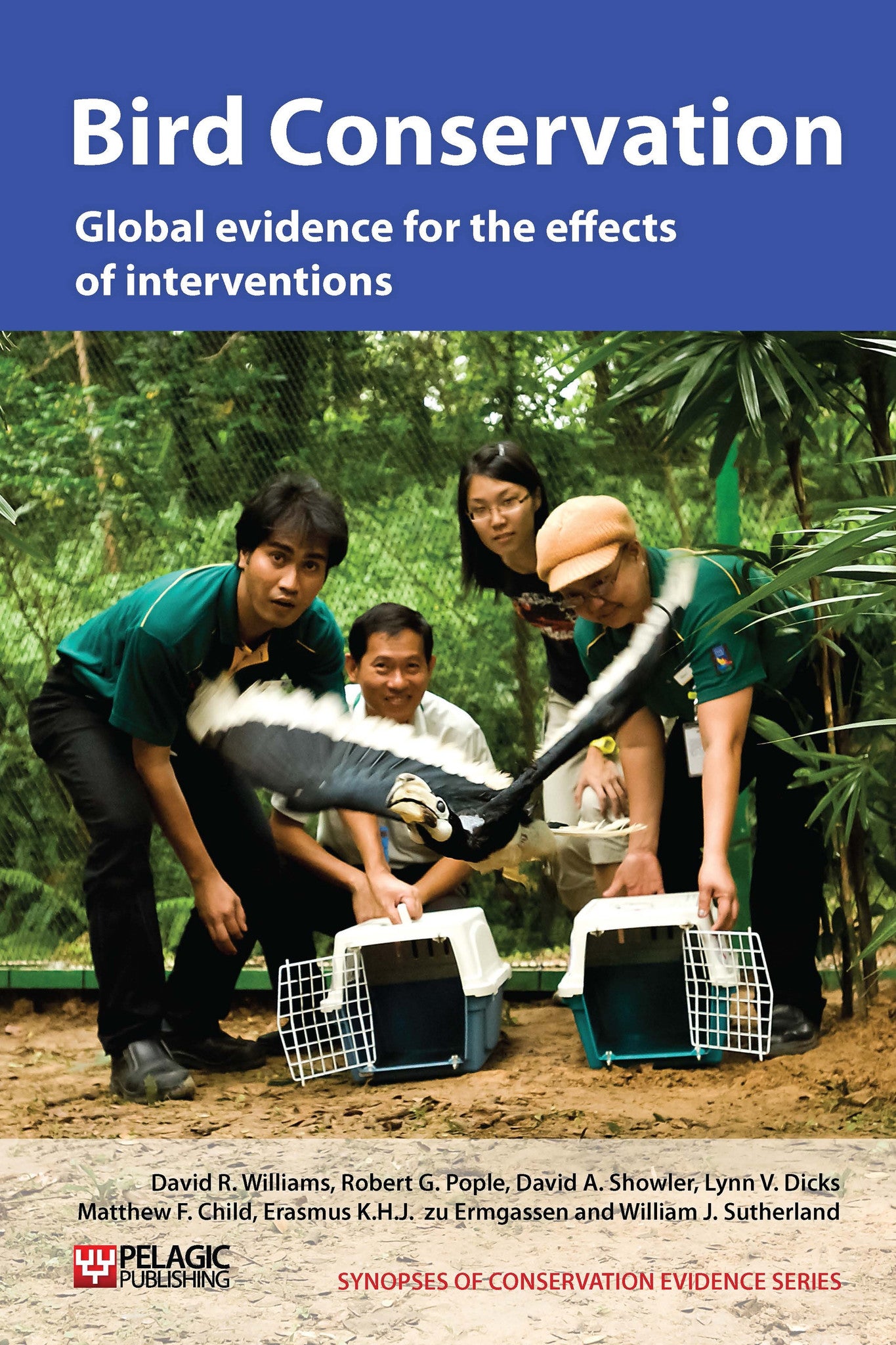
Bird Conservation
Global evidence for the effects of interventions
- An evidence-based approach to biodiversity conservation
- Summarises the available scientific evidence
- International scope
- Overall, this is an outstanding book (and an excellent concept) that will make a significant contribution to evidence-based bird conservation ...
—Robert Sheldon, IBIS
- agriculture
- birds
- conservation
- ecology
- evidence-based
- habitat loss
- ornithology
Description
This book brings together scientific evidence and experience relevant to the practical conservation of wild birds. The authors worked with an international group of bird experts and conservationists to develop a global list of interventions that could benefit wild birds.
For each intervention, the book summarises studies captured by the Conservation Evidence project, where that intervention has been tested and its effects on birds quantified. The result is a thorough guide to what is known, or not known, about the effectiveness of bird conservation actions throughout the world.
The preparation of this synopsis was funded by the Natural Environment Research Council and Arcadia.
Readership
Land manager, conservationist, farmer, campaigner, advisor or consultant, policymaker, researcher.Table of Contents
1. About this book
2. Habitat protection
3. Education and awareness raising
4. Threat: Residential and commercial development
5. Threat: Agriculture
6. Threat: Energy production and mining
7. Threat: Transportation and service corridors
8. Threat: Biological resource use
9. Threat: Human intrusions and disturbance
10. Threat: Natural system modifi cations
11. Habitat restoration and creation
12. Threat: Invasive alien and other problematic species
13. Threat: Pollution
14. Threat: Climate change, extreme weather and geological events
15. General responses to small/declining populations
16. Captive breeding, rearing and releases (ex situ conservation)
Index
Reviews
- Overall, this is an outstanding book (and an excellent concept) that will make a significant contribution to evidence-based bird conservation, and I hope there will be many future editions allowing conservation practitioners to be right up to date with current scientific research. —Robert Sheldon, IBIS
- Too much past conservation has been a nice fluffy exercise which has regularly failed to deliver. Given the current crisis in wildlife declines we need to sharpen our game and for this we need to use the best available evidence. This volume and it associated publications will help us to do this. —Mick Green, ECOS
- Bird Conservation comprises 16 chapters, each organised around interventions to deal with different aspects of a general threat, such as agriculture, biological resource use or pollution. Each chapter briefly introduces each threat and highlights key messages that provide a general summary of the evidence. It then focuses on all realistic interventions that can be taken in response to these threats. For each, a background on the rationale of the intervention is provided, followed by a short summary of the evidence for its effectiveness. —Alfredo Romero-Muñoz, World Birdwatch
About the Author
David Williams is a Research Assistant in the Department of Zoology, University of Cambridge.
Robert G. Pople is a former Research Assistant in the Department of Zoology, University of Cambridge.
David Showler is a Research Associate in the School of Biological Sciences, University of East Anglia and the Department of Zoology, University of Cambridge.
Matthew F. Child is a Research Assistant in the Department of Zoology, University of Cambridge.
Lynn Dicks is a Research Associate in the Department of Zoology, University of Cambridge.
Erasmus K.H.J. zu Ermgassen is a student in the Department of Veterinary Medicine, University of Cambridge.
William J. Sutherland is the Miriam Rothschild Professor of Conservation Biology at the University of Cambridge.
Bibliographic Information
 575 pages
575 pages - BISAC SCI070040, NAT011000, NAT043000
- BIC PSVW6, WNCB, RNKH






